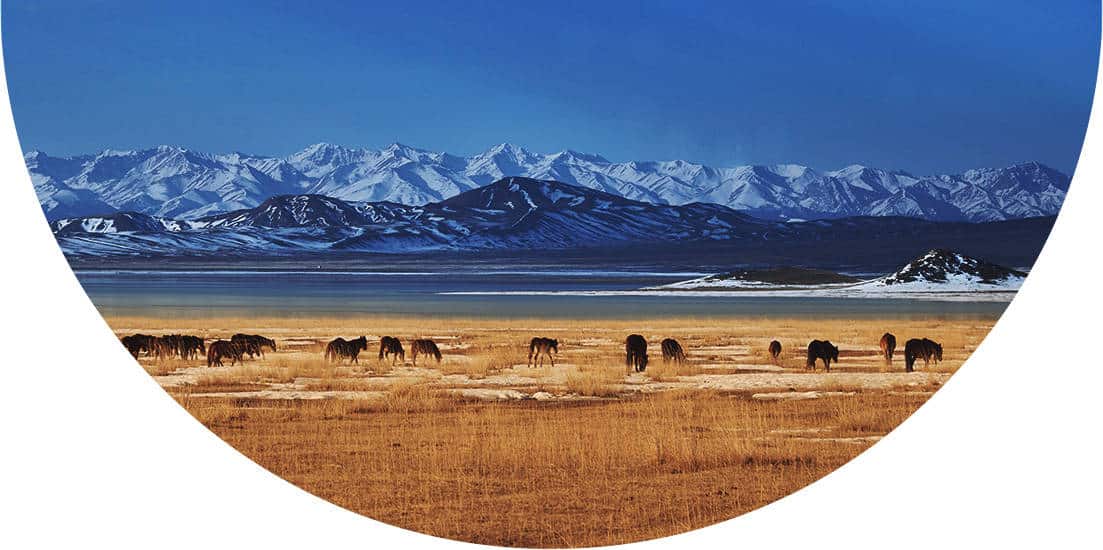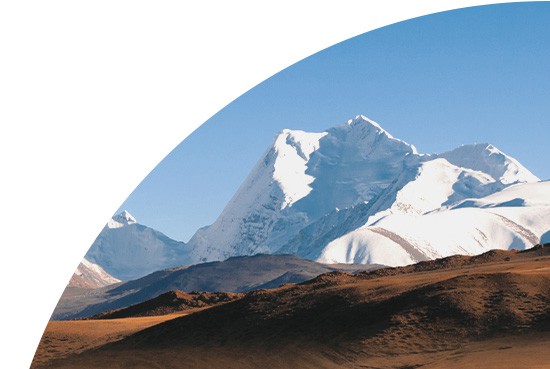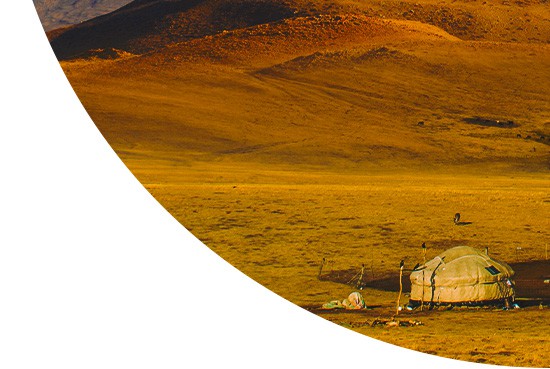Crimean-Congo haemorrhagic fever (CCHF) is primarily spread to humans either by infected ticks or animal blood. Human-to-human transmission can also occur resulting from close contact with the blood, organs or other bodily fluids of an infected person.


Travel Vaccinations for Tajikistan
Recommended Vaccines for Tajikistan
The level of protection needed depends on your medical history and travel itinerary. Book now to get a personalised recommendation from our specialist travel nurses. The consultation costs £20 plus any vaccines you decide to take.
Flexible appointments with no upfront payment
Book Now
Destination Information for Tajikistan
Tajikistan, in central Asia, is known for its mountainous and rugged landscape, making it a popular Asian destination for hiking and climbing. The country is home to the Iskanderkul Nature Refuge, a famous bird habitat, which includes the stunning turquoise Iskanderkul glacial lake.
Bordered by Afghanistan, China, Kyrgyzstan and Uzbekistan, Tajikistan is one of the most inaccessible countries in the world. The native people of Tajikistan are the Kyrgyz nomads, who live self-sufficiently in the mountains and deserts of this mysterious and magical country.
The East of the country is largely covered by inhospitable high-altitude desert, which is said to look like the moon’s surface. The West has more valleys and peaks rather than plateaus, and cliff-side villages edged with farmland is a typical sight.
Tajikistan’s largest city, and the capital, is Dushanbe, which provides a useful base to explore the Fann Mountains with their world class trekking and climbing opportunities. Dushanbe itself is a pretty city, with parks, palaces, museums and markets, and makes a pleasant place to stay. Popular with tourists is the route of the Pamir highway, which is an adventure driving destination for visitors who get their thrills making the journey from Dushanbe to the Pamir mountains by bicycle, car, motorbike and 4×4.
Infections and Outbreaks frequently change from country to country and by attending our clinics you will be given the most up to date clinical and safety advice from our team of specialists. Our advice to you often includes aspects such as:
- Food and water hygiene
- Insect and animal bite avoidances
- Personal safety
- Sexually transmitted infections
- Sun protection
- Altitude sickness
Malaria and regions within country:
There is a variable risk of P.Vivax malaria and P.Falciparum malaria in South-Western parts of the country, including Dushanbe, Kulyab, Qurghonteppa and Pyanj. Anti-malarial medication is not generally advised for low to no risk zones.
Non Vaccinated Diseases
Additional Health Risks Information for Tajikistan
There are no restricted or ‘unsafe’ regions of Tajikistan, but particular care should be taken close to the country’s borders, especially the border with Afghanistan. Protests, violent incidents and terrorist attacks have taken place in this location, and travellers here should be especially aware of personal security. Borders are subject to closure without notice, and some border crossings are permanently closed to all except Tajik citizens. Check you planned route before you travel.
Travellers are advised to always stick to marked, main routes, especially in rural areas. When travelling within the Tajikistan, heavy rain and snowfall can cause disruption to roads, particularly in the mountains. Outside of the main towns, most roads are only usable by 4×4 vehicles, and some roads are completely inaccessible outside of the summer months. If you’re planning a long drive, ensure you have enough food and fuel, and take a means of summoning help if you get stuck. Travellers who may go into areas of high altitude should take care to avoid ill effects of being at altitude including Acute Mountain Sickness.
Tajikistan is in an active seismic zone, and earthquakes and tremors are likely. In mountainous areas this can cause frequent avalanches and landslips. Medical facilities in Tajikistan are poor. Carry any essential medical supplies with you along with a first aid kit. The tap water is not safe to drink, and you should take extra care with food hygiene to avoid becoming ill. There is malaria present in some parts of Tajikistan, consult a travel clinic for the appropriate malaria tablets and other necessary vaccinations before travel.



